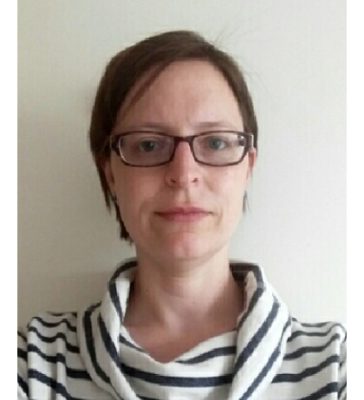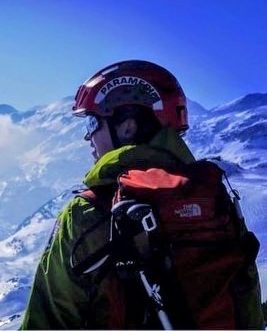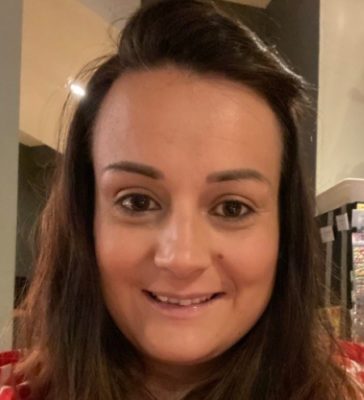
Dr Lorna Mason
Current Employer/Organisation Name
NHS
What have you been doing since leaving Exeter, and what are you doing now?
After graduating with a Biology degree I spent a year teaching English in Japan on the JET scheme. On return to the UK I worked for Oxford University as a research assistant in the department of anaesthetics, compiling systematic reviews of analgesics. That same year I was offered a place on a graduate entry course at Birmingham University Medical School (4 years). Following this I spent two years as a junior doctor in Bath Hospital (2 years), then enrolled on the GP training scheme in Exeter (3 years). I remain in the same practice in Cullompton where I spent my final few months of GP training and have been there for 7 years. I am a GP partner (which means I part-own the business with my other partners and have employees).
Why did you choose this career? And what do you enjoy most about your work?
I wanted to combine a love of science with “people interaction” and had a desire to contribute to society in a positive way. During my time at Exeter I did a fair bit of volunteering and knew I needed a job that helped other folks as this is what made me feel good. I also knew that I wasn’t cut out for a job in a lab and although I found the research work quite interesting I knew it was never going to become a career. My job is challenging, and never boring. No two days are ever the same. I see people from all walks of life and have to work out how best to help them with their problems. I often get to know whole families and see them through life’s ups and downs. A very healthy interest in what makes other people tick is a good attribute for a GP.
Please tell us if you were a member of any societies, groups or sports clubs?
I was on the RAG committee for a bit. I did Ultimate Frisbee until I broke my foot! I also volunteered on the Community Action Holiday for Older People project two years running.
What did you enjoy most about your programme and what was the biggest highlight?
I found that in the hands of a good lecturer, even the dullest or most complicated subject could be made extremely interesting. We had some fantastic lecturers.
What did you enjoy most about studying here?
The campus spirit. Feeling like you were part of a family. Living in beautiful Halls (Hope Hall).
Why did you choose to study at Exeter?
I loved the city and the campus. Exeter felt big enough to experience a variety of opportunities but not so big that one felt “lost” . I also loved the easy access to all of Devon’s beautiful countryside.
What skills and experiences have been most useful for your career?
Skills – communication and listening, stamina, patience, self-reflection, negotiation, stoicism, being able to take things in one’s stride and not get too easily flustered. Experiences – volunteering with the elderly, living and teaching in Japan, having jobs I didn’t like! (made me focus harder on what I actually wanted to do).
What advice would you give to a current student who wishes to pursue your career?
Life experience definitely helps prepare you for the world of medicine and makes you a better doctor, so don’t feel you have to come into this career too soon! Really examine your motivations and don’t even think about becoming a GP if you want serious financial rewards! Do it for the love of learning about and helping other people.
What are your plans for the future?
I might think about becoming a trainer (of other GPs) in the future. I practice yoga regularly and would like to do a yoga foundation course, possible followed by a yoga teaching course.

